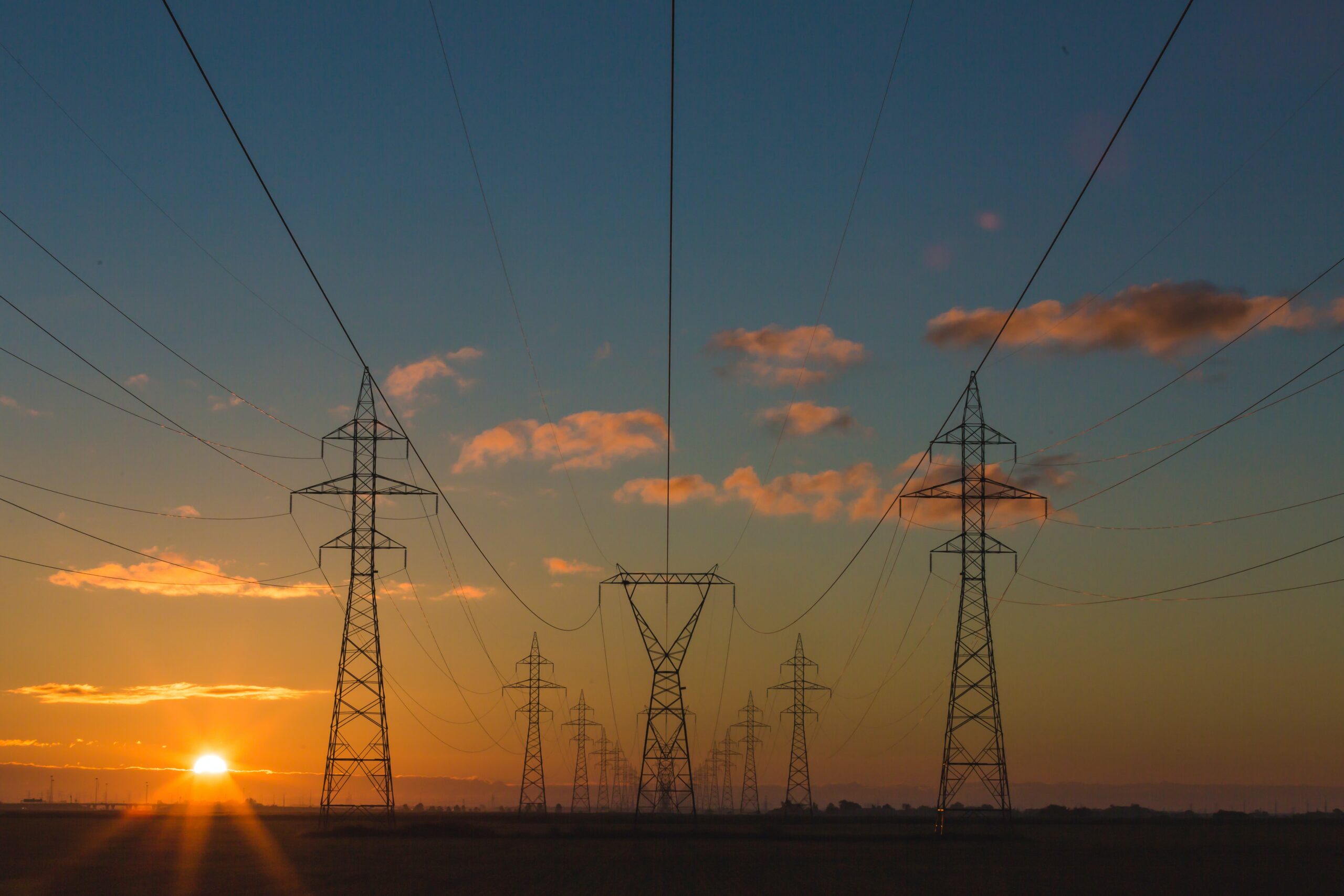
The present spotlight is undeniably on Jakarta’s air quality, and for a compelling reason. As of Tuesday, August 8, 2023, Jakarta has been designated as the most polluted major city, an alarming declaration that holds significant repercussions. This concerning state of poor air quality doesn’t merely pose an environmental concern; it poses a direct threat to the well-being of the city’s residents and has far-reaching implications, especially for the vulnerable demographic of children.
Dr. Agus Dwi Susanto, a distinguished specialist in pulmonary medicine, has stepped forward to voice a profound concern that resonates with health professionals and parents alike. Dr. Agus emphasizes that the consistent inhalation of pollutants and harmful agents that contribute to air pollution is taking a toll on the growth and developmental trajectory of children, extending even to their cognitive faculties.
The gravity of the situation is underscored by Dr. Agus’s assertion during a virtual press event convened by the Indonesian Medical Association (IDI) on Tuesday, August 8, 2023.
He states, “It is projected that a staggering two billion children across the globe are grappling with the implications of severe air pollution, a detriment that directly impacts their developmental journey, including cognitive impediments.”
The intricacies of this issue are expounded upon by Dr. Agus, who elaborates on the physiological pathway through which air pollutants infiltrate the body and extend their detrimental influence to the brain. This mechanism results in inflammation and neurodegeneration, causing a progressive decline in neuronal function.
In a sobering assessment, Dr. Agus points to the compounding challenges faced by children in their formative years. He notes, “Numerous studies highlight an alarming connection between elevated pollutant levels and diminished cognitive capacity, not only among those under 2 years old but also encompassing the preschool and school-age demographic.”
However, the ramifications of air pollution extend beyond cognitive impairment, as Dr. Agus highlights an alarming correlation between air quality and the prevalence of stunting in children. With reference to the World Health Organization (WHO), he defines stunting as a prevalent form of malnutrition marked by subpar height and growth that doesn’t align with age benchmarks.
Further insight from Dr. Agus reveals the intricate interplay between inhaled pollutants and the intricate respiratory circulation system. He explains that disrupted oxygen flow due to air pollutants culminates in a diminished oxygen supply, further exacerbating health implications.
“While the immediate consequences may manifest as minor oxygen deficits, the longer-term implications are marked by the hindrance of proper growth,” Dr. Agus elaborates, substantiating his stance.
Dr. Agus draws from a global perspective, citing instances from countries grappling with high air pollution, including Bangladesh, Africa, and China. His compelling revelation highlights that pollutants bear a heightened risk of stunting in children, with an alarming twofold increase. The majority of these stunting cases, as per his citation of credible studies, can be attributed to indoor pollution.
In light of these sobering findings, Dr. Agus impassionedly calls on parents to undertake tangible steps to uphold indoor air quality. Strategies such as refraining from smoking, eschewing practices like lighting candles or utilizing fireplaces, deploying air purifiers, and embracing wholesome, health-driven lifestyles are deemed crucial to safeguard the well-being of the younger generation.
The declaration that Jakarta has assumed the disconcerting distinction of being the most polluted major city on Tuesday, August 8, 2023, stands as a pivotal moment that mandates decisive action. This verdict, as pronounced by IQAir, is substantiated by the poor air quality index of 164, a cumulative measure that leaves no room for complacency.
Notably, the concentration of PM2.5 particles, a prominent marker of pollution, is a staggering 16.5 times beyond the recommended standards delineated by the World Health Organization (WHO).
This critical information, disseminated by IQAir, serves as a clarion call to address the pervasive issue of air quality in Jakarta, before it further jeopardizes the health and development of its populace.

















